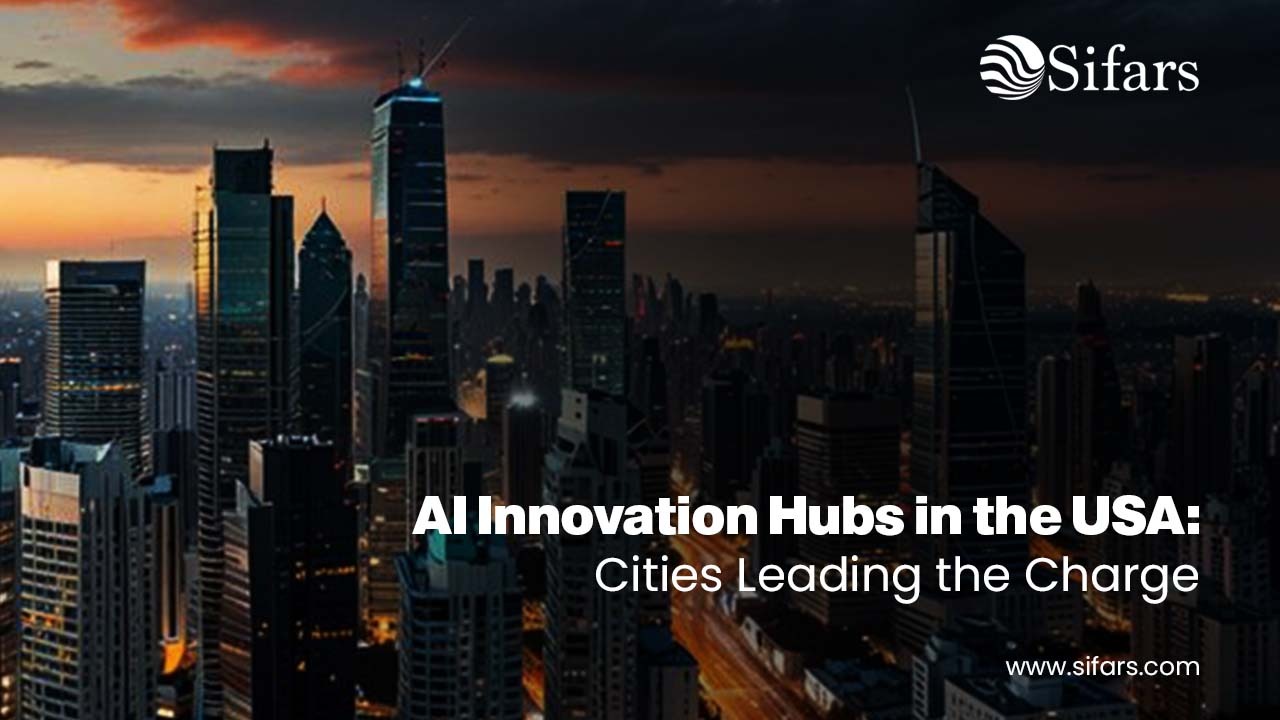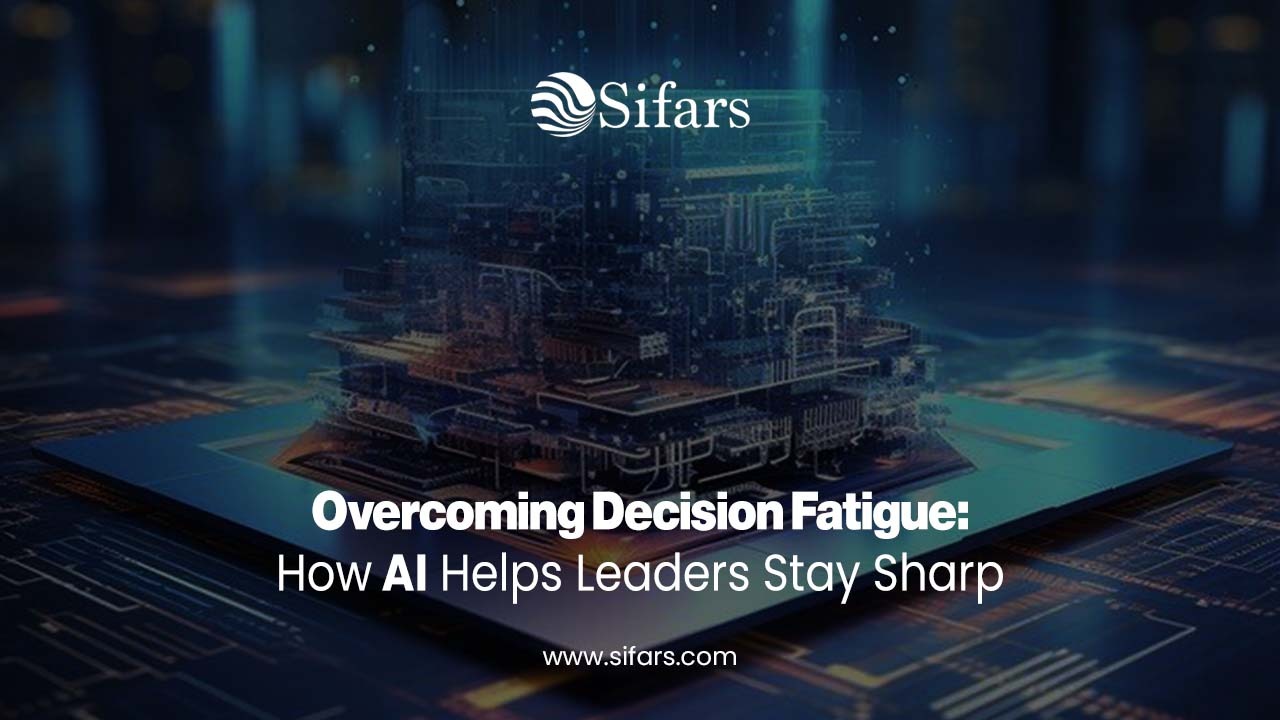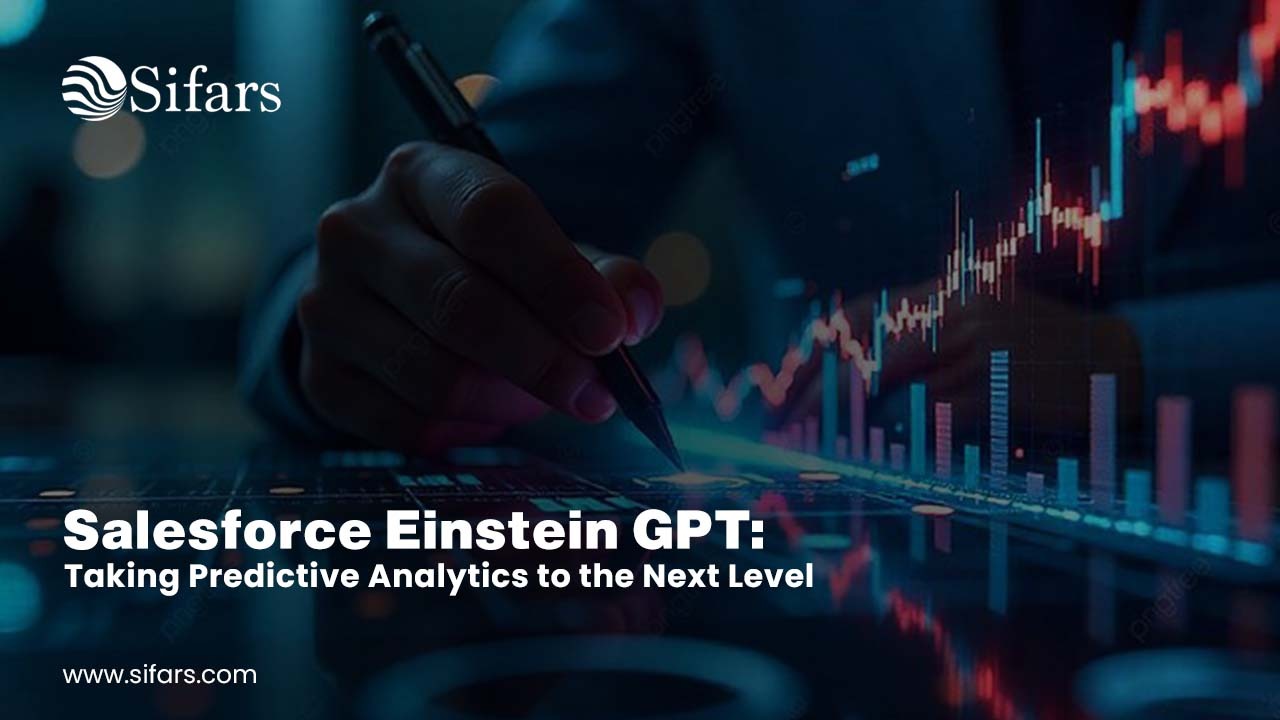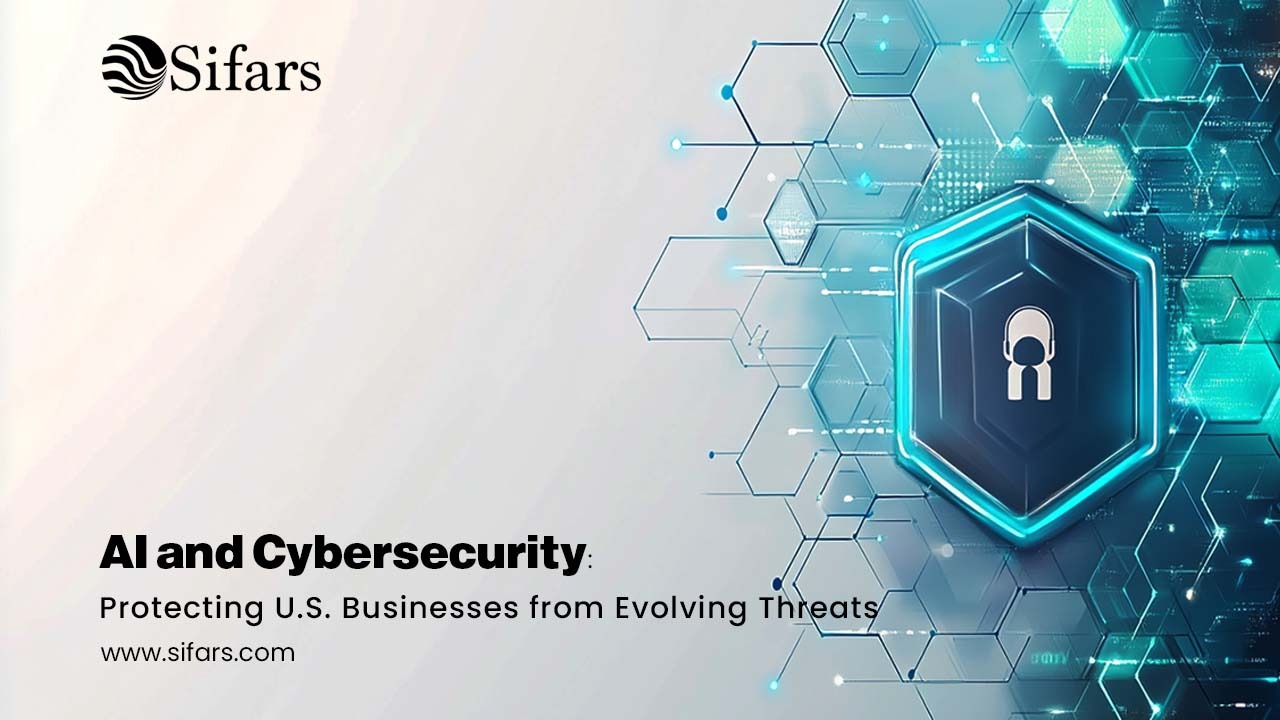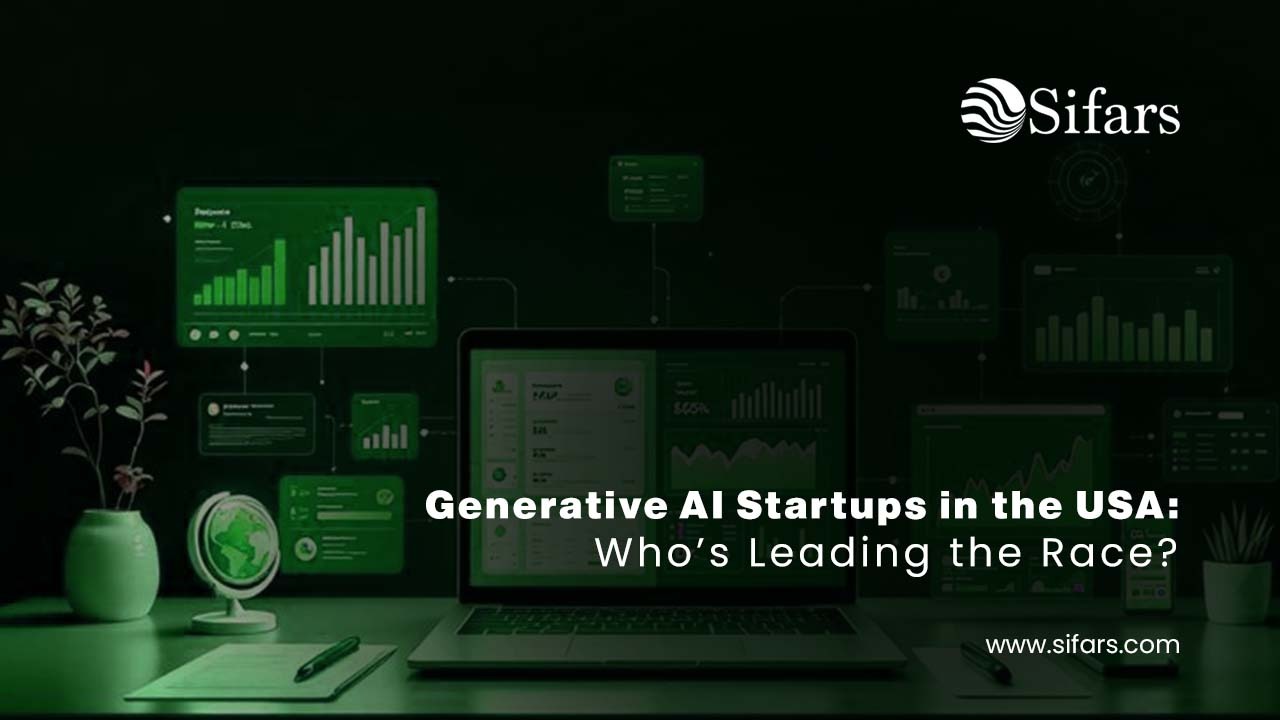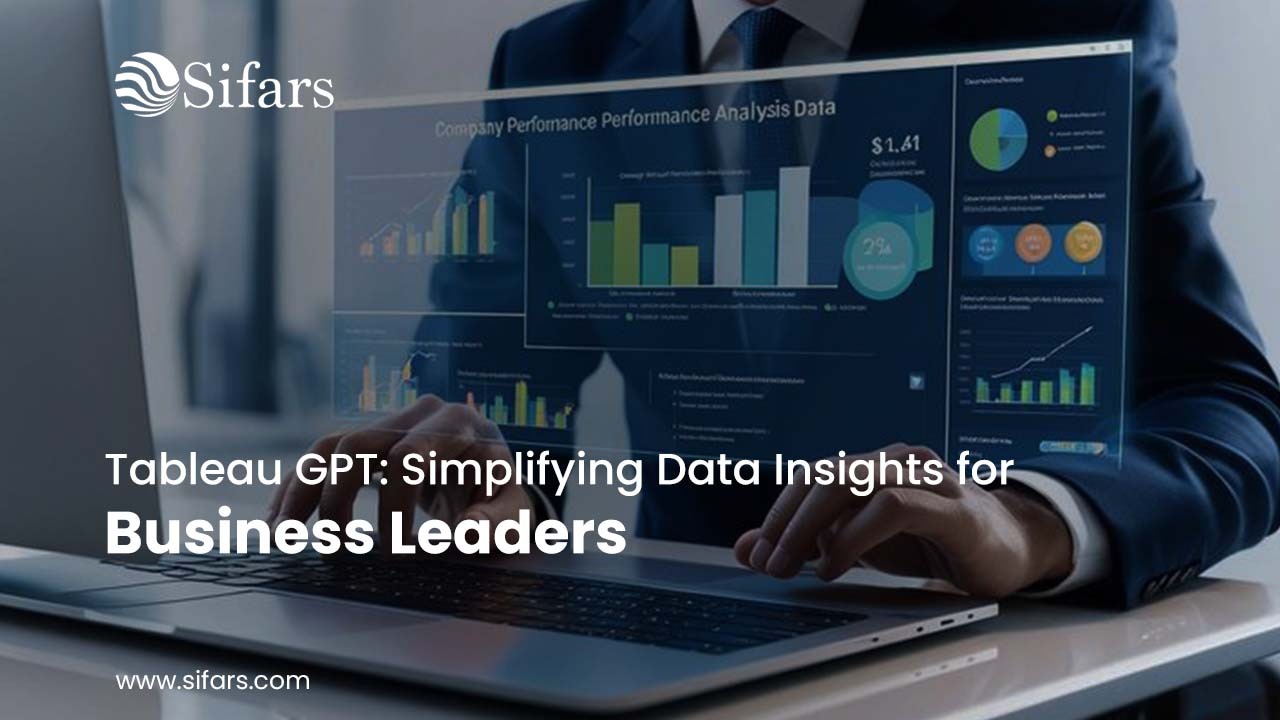The Software-as-a-Service (SaaS) model has long been the engine of modern business, but the integration of Artificial Intelligence (AI) is now forging a new, revolutionary phase. This isn’t just an upgrade; it’s a complete transformation. U.S. tech companies, in particular, are at the vanguard, embedding sophisticated AI solutions into their platforms to deliver unprecedented levels of personalization, automation, and predictive power.
For business owners, decision-makers, and tech professionals, understanding this shift is crucial for future-proofing strategy. The goal is to move beyond mere digital tools to intelligent, autonomous platforms that actively perform and orchestrate work. AI is making SaaS not just scalable, but smart, offering core AI for businesses capabilities that drive tangible results. The rise of “Agentic AI”—where software not only supports work but performs complex tasks—is defining this new era, turning cloud applications into proactive partners.
The Dawn of Smart Software: Moving Beyond Simple Automation
The foundational value of SaaS was its ability to automate repetitive tasks and provide accessibility via the cloud. Today, AI-powered SaaS elevates this value proposition by introducing cognitive automation. Traditional automation follows fixed rules; AI-driven software, conversely, learns from vast datasets, identifies complex patterns, and makes dynamic decisions. This shift fundamentally alters how businesses operate. We are seeing platforms evolve from passive systems of record to proactive systems of intelligence.
This transition involves integrating core AI technologies such as Machine Learning (ML), Natural Language Processing (NLP), and sophisticated predictive analytics. For example, instead of a CRM simply logging customer activity, it uses ML to predict the exact likelihood of a customer churning, prompting a salesperson with a suggested, personalized intervention. This level of business automation with AI is not about replacing human work entirely, but about augmenting human capabilities, freeing up teams to focus on strategy and innovation. The value of SaaS is shifting from per-seat subscriptions to outcome-based pricing, directly tied to the efficiency and results delivered by the embedded AI solutions.
Revolutionizing Customer Experience with Personalized AI
One of the most immediate and impactful changes AI brings to SaaS is the ability to deliver hyper-personalized user experiences. In a competitive landscape, customers expect software that adapts to their needs, not the other way around. U.S. giants in CRM and customer support are leading this charge by leveraging AI for businesses to turn generic interactions into deeply relevant engagements.
Salesforce’s Einstein AI is a prime example. It uses machine learning to analyze customer data, automate data entry (like logging emails and events), and provide sales reps with real-time, personalized product recommendations and lead-scoring predictions. Similarly, customer support platforms like Zendesk and Freshdesk deploy intelligent virtual agents (chatbots) capable of handling a massive volume of Tier 1 queries instantly. These bots use NLP to understand context, sentiment, and intent, providing more human-like responses and troubleshooting complex issues. This automation reduces wait times and allows human agents to concentrate on high-value, complex problem-solving, significantly cutting support costs while improving customer satisfaction—a powerful application of artificial intelligence services.
AI-Augmented Analytics and Predictive Foresight
The sheer volume of data generated by modern businesses is paralyzing for traditional analytics. AI-powered SaaS platforms solve this by integrating AI-augmented analytics, turning raw data into actionable, predictive insights almost instantly. This capability is arguably the most critical component of AI solutions for strategic decision-making.
Tools like HubSpot utilize AI to analyze user interactions and predict which customers are at risk of churning, allowing marketing teams to launch proactive retention campaigns. In the financial sector, AI-driven analytics systems forecast future events, such as market trends or inventory requirements, with enhanced accuracy by processing historical data through complex ML models. This is far beyond simple reporting; it’s about seeing around corners. For SaaS developers, these insights offer granular observability into application performance (error rates, resource utilization), allowing them to proactively identify bottlenecks and implement fixes before users are affected. Ultimately, this predictive foresight is essential for developing adaptive strategies and achieving competitive advantage through better, faster decisions.
Strategic Business Automation with AI Agents
The most disruptive trend in the SaaS space is the emergence of Agentic AI. These are autonomous software agents embedded in SaaS platforms that can perform complex, end-to-end tasks without constant human input. Unlike simple macros, these agents are capable of decision-making and workflow orchestration, representing the ultimate form of business automation with AI.
U.S. platforms are deploying agents across departments:
- Marketing & Sales: AI agents monitor competitor pricing and feature launches in real-time, providing sales teams with critical market intelligence for negotiations. They also analyze subtle buying intent signals to prioritize only the most qualified leads, leading to reported improvements in trial-to-paid conversion rates.
- Operations & HR: Agentic AI is automating routine HR tasks like time-entry approvals and invoice processing (Tipalti, ADP), and even handling complex claims adjudication in insurance (Guidewire).
- Development: Tools like GitHub Copilot act as AI code editors, automating code generation and debugging, significantly accelerating the development lifecycle.
The impact of Agentic AI is so profound that it’s shifting SaaS business models from seat-based subscriptions to outcome-based pricing, where customers pay for the work the AI agent completes, not just the access to the software.
Fortifying the Foundation: AI in Cybersecurity and Infrastructure
As SaaS applications become the central nervous system of global business, security moves from a feature to a fundamental necessity. AI solutions are transforming cybersecurity within the SaaS ecosystem by enabling intelligent, real-time threat detection that human analysts cannot match.
AI-driven security systems monitor user behavior and network traffic patterns to establish a baseline of ‘normalcy.’ Any significant deviation—a user suddenly accessing sensitive data from an unfamiliar location, for instance—is immediately flagged as an anomaly. This use of artificial intelligence services allows SaaS providers to predict and address potential threats in real-time. Beyond detection, AI is used for:
- Policy Enforcement: Automatically reinforcing access controls and compliance checks.
- Resource Optimization: Analyzing usage patterns to dynamically allocate cloud resources, which improves scalability and drastically reduces infrastructure costs.
- Predictive Maintenance: Forecasting when system components are likely to fail, enabling proactive maintenance to prevent costly downtime.
These intelligent security and infrastructure features are crucial for enterprise customers who rely on the platform’s stability and data integrity, further solidifying the trust in modern AI-powered SaaS products.
The Strategic Imperative: Integrating AI for Sustainable Growth
For any business, the question is no longer if they should adopt AI, but how and where to start. The U.S. market has demonstrated that deep AI integration is the key to creating sustainable competitive advantages. Companies that focus on embedding AI to solve core pain points—such as reducing customer churn, accelerating sales cycles, or maximizing operational efficiency—are dramatically outperforming their competitors.
The successful integration of AI requires a strategic, data-centric approach. Businesses need to identify workflows with a high potential for business automation with AI—tasks that are repetitive, high-volume, and governed by clear rules. This necessitates expertise in developing, training, and deploying large language models (LLMs) and other custom AI models, which is where specialized guidance becomes essential. Many industry leaders realize that to maximize the value of their AI for businesses investments, they need external AI consulting to bridge the gap between AI theory and real-world application. The ultimate goal is to build a “data moat”—a proprietary data set and integrated AI model that rivals cannot easily replicate, guaranteeing long-term defensibility and market leadership.
The Road Ahead: Agentic AI and Outcome-Based Pricing
The next phase of the AI-powered SaaS revolution centers on Agentic AI and evolving business models. The traditional subscription model, tied to user log-ins, is becoming obsolete in an AI-first world where the software is performing the work autonomously. Forward-thinking companies are shifting to consumption-based models, charging customers based on the outcomes achieved or the units of work completed by the AI agents.
This seismic shift represents a powerful alignment between provider value and customer results. For example, a marketing automation platform might charge per qualified lead generated by its AI agent, rather than per user seat. This model demands an even higher level of intelligence, performance, and transparency from the AI solutions. This future state will force every SaaS company to re-evaluate their data strategy, their pricing structure, and their core value proposition. Companies that fail to proactively replace manual SaaS activity with autonomous, intelligent AI agents risk being disrupted by nimble, AI-native entrants who design their product with automation at the core.
Your Next Step in the AI Revolution: Partnering for Intelligent Transformation
The velocity of change driven by AI-powered SaaS is unprecedented. U.S. tech giants have provided the blueprint: AI is the non-negotiable component for future growth, enabling hyper-personalization, intelligent automation, predictive decision-making, and robust security. For any company looking to harness these advanced AI for businesses capabilities, the journey starts with an expert strategic partner.
At Sifars, we specialize in translating these complex technological trends into practical, results-driven AI solutions for all types of business problems. Whether you need an AI consulting partner to define your enterprise AI strategy, expert developers to build custom artificial intelligence services, or a comprehensive roadmap for business automation with AI, our team provides the domain expertise required to integrate AI seamlessly and profitably. Don’t just keep pace with the competition; set the pace.
Ready to transform your business with cutting-edge AI solutions?
Contact Sifars today to schedule your strategic AI consultation and begin your journey toward intelligent transformation.

